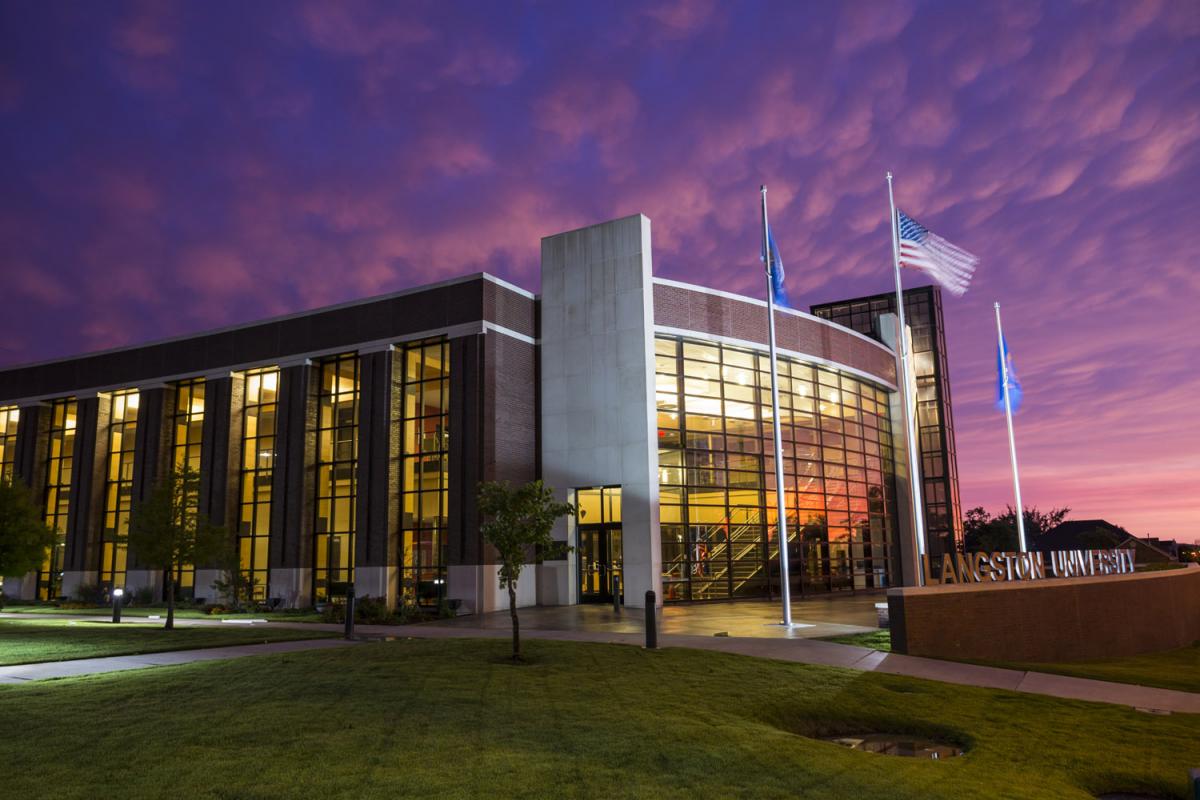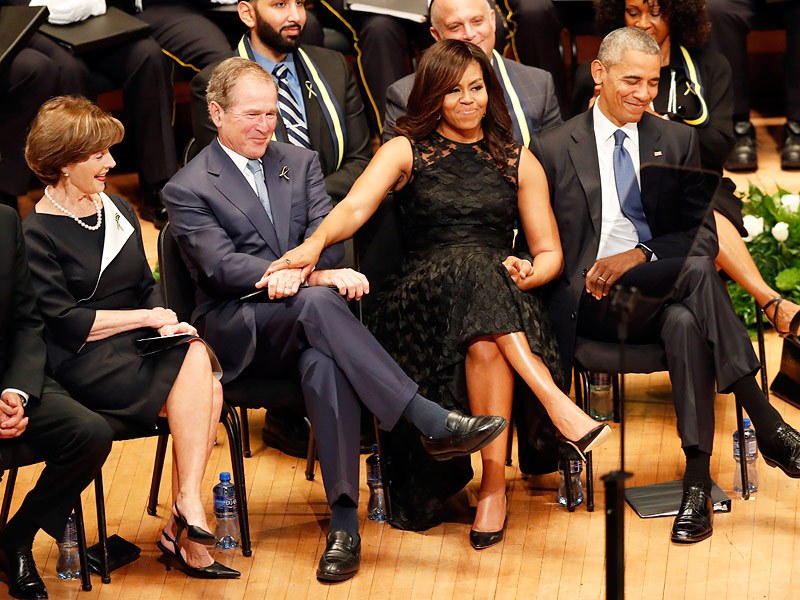
Dozens of leaders of the nation’s historically black colleges and universities — including leaders from several Louisiana schools — met with President Donald Trump on Monday to discuss the future of HBCUs.
But at least one is now voicing concern over the level of attention that was given to the nation’s historically black colleges during a meeting at the White House.
Trump is expected to sign an executive order this afternoon intended to provide additional stability for historically black colleges.
Leaders from Southern University, Southern University Law Center, Southern University Shreveport, Grambling State University and private colleges Xavier and Dillard all were on hand to represent Louisiana’s HBCUs.
Dillard President Walter Kimbrough, who had been asked to speak at the event, says in a statement posted to Medium.com that he didn’t get a chance to make his full remarks on what the administration can do to help HBCUs.
Kimbrough writes that the meeting with Trump in the Oval Office was a last-minute addition to the schedule.
“I’m still processing that entire experience,” Kimbrough writes. “But needless to say that threw the day off and there was very little listening to HBCU presidents today – we were only given about 2 minutes each, and that was cut to one minute, so only about 7 of maybe 15 or so speakers were given an opportunity today.”
According to the White House press pool report of the meeting, Trump shook hands and made small talk with the HBCU leaders as video cameras rolled and still cameras clicked.
“I don’t think we’ve ever had this many people in the Oval Office,” Trump said to laughter. “This could be a new record, forever.”
Kimbrough said that the meeting at the White House was primarily supposed to be a meeting with Education Secretary Betsy DeVos and other federal agencies that can aid HBCUs.
He posted his full remarks that he had planned to make during the meetings. In it, he calls for expanding the federal Pell Grant, which aids 62 percent of black students and more than 70 percent of students attending HBCUs.
“Pell is a vehicle to prevent hallucinations of opportunity, while helping to fuel HBCUs, engines of social and economic mobility driving families toward the American dream,” Kimbrough writes.









